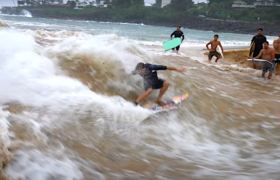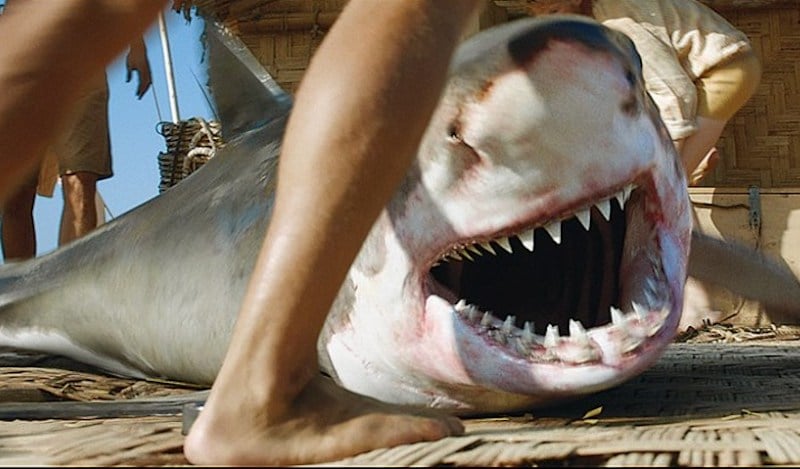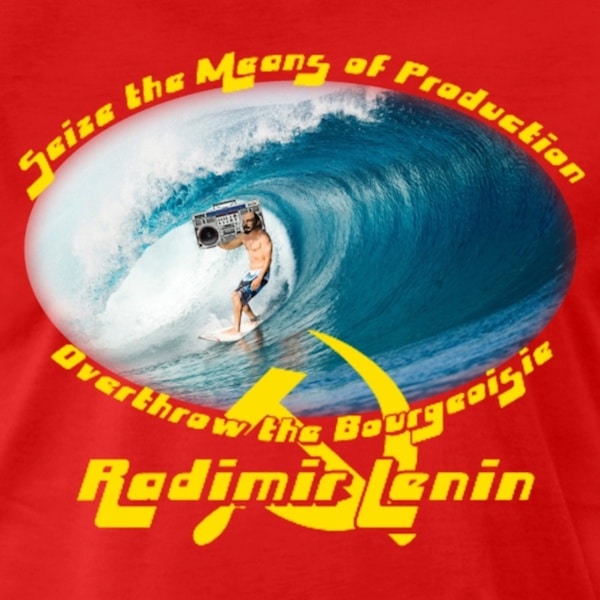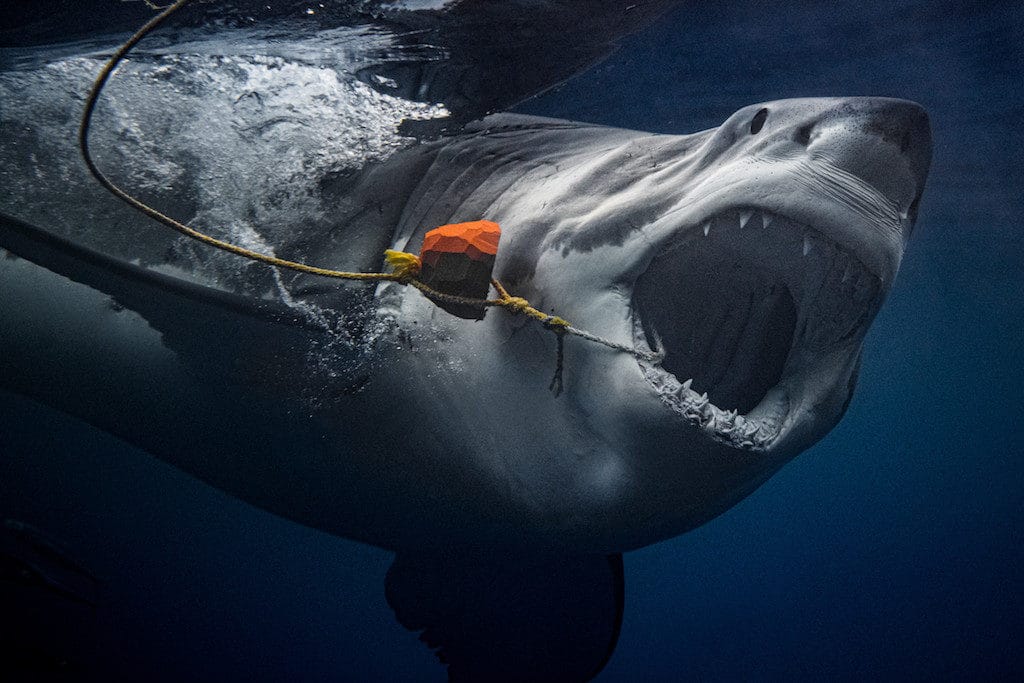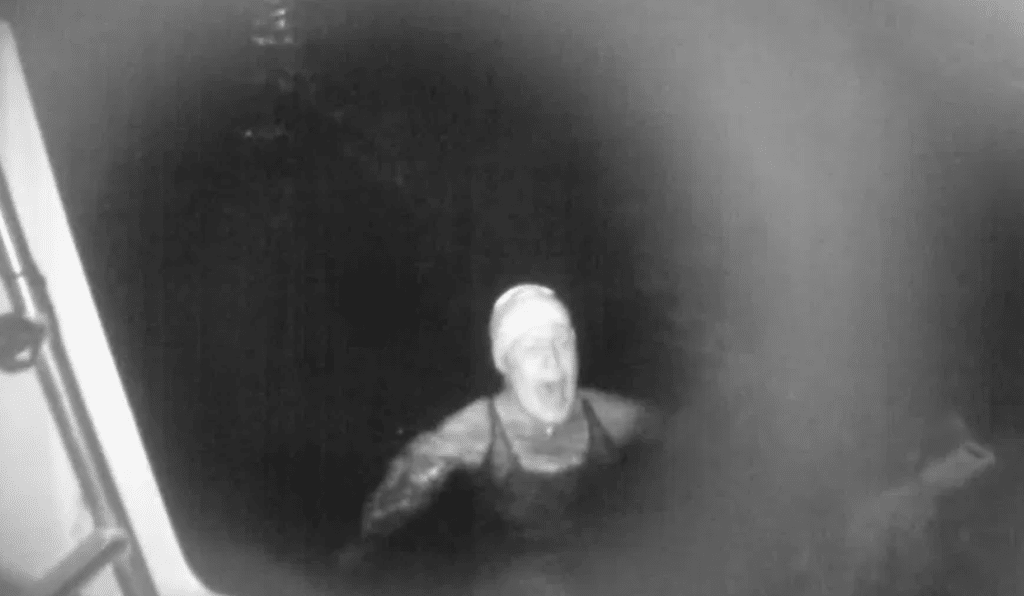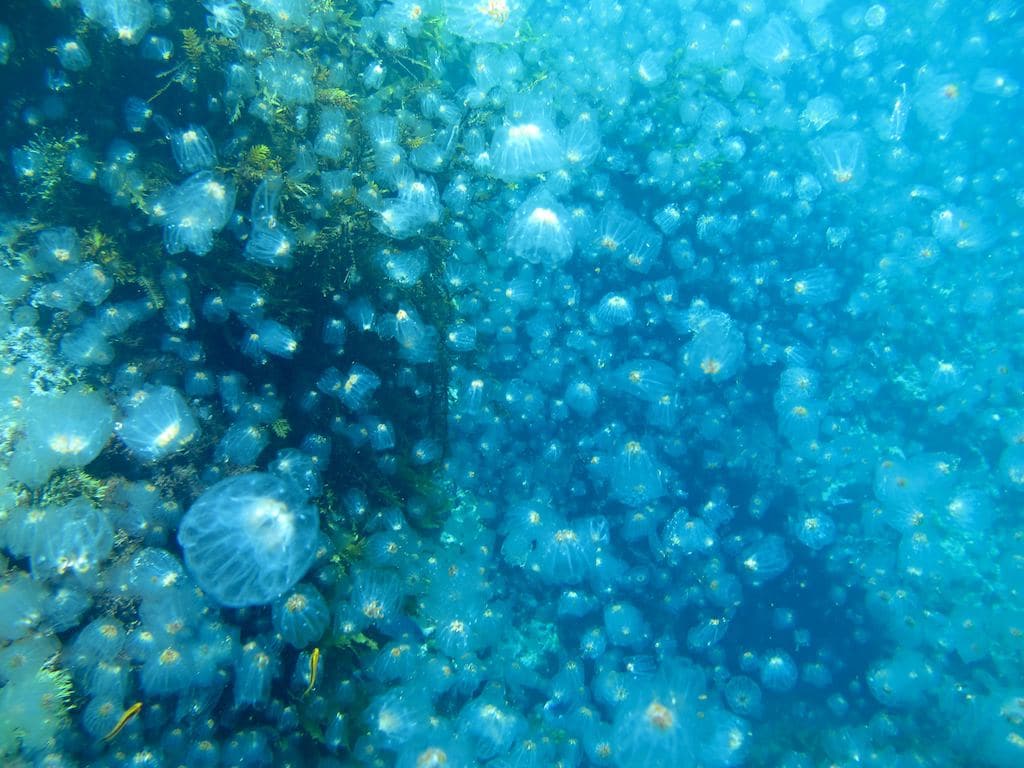Biting back from beyond the grave.
The very last thing Australia needs right now is another problem. The island nation, burning under a relentless summer sun, has had no peace for months. The sky is blackened. The earth is blackened. And the only small pleasure usually easy-going Australians can find is enjoying a piece of either battered or blackened fish with a generous side portion of chips.
And beer.
Well, leave it to the shark, the vicious, vindictive apex predator, to be a man-killer from beyond the grave. To kick Australians when they’re down. To rudely poison generations and generations of future leaders by infusing the Lucky Country’s national dish with hatred and death and it’s true. South African sharks are killing Australians as it has just been revealed they contain mercury and arsenic levels “significantly higher than allowable limits” but we must learn more. We must keep all our facts straight.
But let’s start at the other end. Until recently, the fish you ate with your chips in Australia was predominantly snapper, the country’s favourite recreational and commercial fish. This was massively over-fished and last year the government banned catches in a number of key waters until 2023 (angering many fishermen), and imposed stiff fines for transgressions.
Maybe sharks could fill the gap? However, in 1991 the Australian smooth hound shark industry had collapsed and they were being imported from New Zealand. Then that fishery became oversubscribed and the demand shifted to South Africa, an area which they must have known had poor shark management, or legal compliance. They’d found the perfect supplier.
That was good news for local shark fishers. According to Dr Enrico Gennari of the Oceans Research Institute, the smooth hound catch numbers were 17,558 sharks in 2016, 18,298 in 2017 and 30,112 in 2018 (the 2018 numbers convert to about 210 tonnes). “Fishing at current mortality rates, a decline in harvestable stock is certain,” he said. “I’m quite sure right now this species would be in the endangered category.”
But there’s a further problem the Australians may not know about and will be unhappy to discover. South African waters are far from pristine, with toxic runoff from factories and farms entering coastal waters. Local sharks are apex predators and, as bioaccumulators, they retain heavy metals like mercury and arsenic (eat a Mako shark steak at your peril).
They take in high levels of these human-produced chemicals and heavy metals from both skin absorption and from consuming their prey. These dangerous chemicals and metals add up over time and quickly reach levels dangerous to humans. They can cause various neurological diseases such as dementia.
According to a South African research report on shark meat, mercury readily vaporises and may stay in the atmosphere for up to a year. It ultimately accumulates in lake and sea sediments where it’s transformed into toxic methyl mercury, accumulating in fish tissue, especially those at the top of the aquatic food chain. By this means, it enters the human diet.
Arsenic is used in the production of pesticides, treated wood products, herbicides and insecticides and generally enters coastal waters through river runoff.
Research by Adina Bosch and others in Langebaan Lagoon found that one in three smooth hound sharks analysed in 2015 had methylmercury and arsenic levels significantly higher than allowable limits, and contained 14 other heavy metals.
Rude.
Extremely rude, heartless, cunning and rude.
And is there no way for man to win? No way from him to assert dominion over his number one foe?
More as the story develops.

